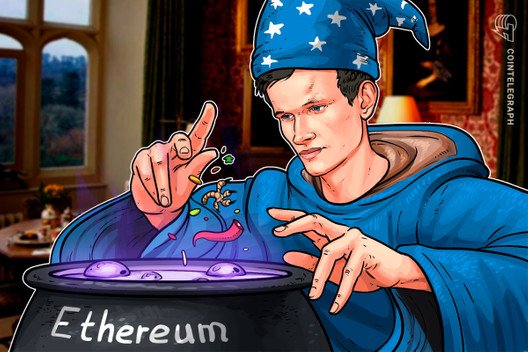A team based in Madrid, one of the epicenters of the coronavirus pandemic, has released an Iota Tango platform that helps combat the coronavirus.
AidSquad
GeoDB is a decentralized peer-to-peer big data sharing ecosystem which returns value to its creators, the users. Luis Gelado, GeoDB CEO and founder shared with Cointelegraph his rationale for creating AidSquad:
“Having stayed home for a few weeks, one weekend, I felt a little bored, so I started thinking: we have to do something. We have a chance to develop something for a concrete problem, give back to society”.

Source: GeoDB
A user inputs his Personal Health Record (PHR) — age, gender, symptoms associated with the COVID-19, and the app also collects the user’s approximate location. The data are anonymously stored in Iota tangle. Based on this data, heatmaps can be generated that visualize the spread of the virus and contagion hotspots.

Source: GeoDB
The app is currently only available as an Android Package Kit (apk). According to Gelado, both Apple Store and Google Play temporarily barred all new COVID-19 apps because too many unscrupulous developers were taking advantage of the situation. However, he expects the app to be accepted to both stores in a couple of weeks.

Source: GeoDB
The app rewards users for sharing data with “karma points” and Aid Squad tokens. Karma points are a gamification device similar to the one employed by Duolingo, whereas, AidSquad tokens are donated to the user’s favorite charitable cause.
Government is not doing its job
Gelado states that Madrileños are upset with the government’s inability to combat the spread of the virus effectively and it’s up to the people to feel the void:
“People are angry with politicians. We have the right to know. They don’t provide enough information. We wanted to build a network that would exchange information in a public way while protecting privacy. The government of Madrid created some tools, but you have to share so much personal information.”
The beauty of the decentralized world is that an idea born in Madrid could benefit people anywhere in the world including the U.S. which on March 26 has become the world leader in confirmed coronavirus cases.









